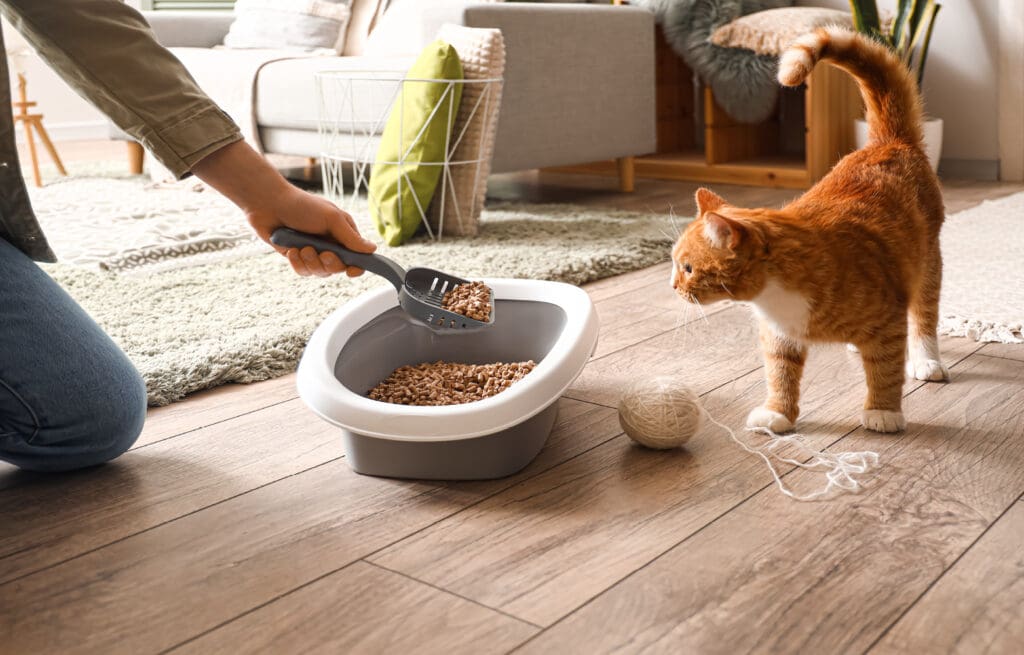Why has my pet insurance gone up?
Why pet insurance premiums rise in Australia and how to keep your policy costs manageable.
Read more6 November 2025
Congratulations on your new furry family member! Those tiny paws, twitching whiskers, and playful antics are irresistible, but behind the cuteness is an important responsibility: teaching your kitten how to navigate the world confidently and calmly.
Early, positive training isn’t about perfect obedience — it’s about building trust, encouraging good habits, and supporting your kitten’s wellbeing.
At Petcover Australia, we believe training should be gentle, age-appropriate, and stress-free. This guide gives you all the information you need, from basic commands and litter training to managing common behavioural challenges, with step-by-step instructions for each stage of your kitten’s development.
Jump to:
Before structured skills, focus on helping your kitten feel safe, loved, and at home. This is a special time for bonding, building trust, and exploring their environment.
Short, positive interactions build trust and set the stage for future learning.

Kittens are naturally curious and learn best through play and reward-based methods.
Hold your kitten close for short moments, praising or offering a treat for calm behaviour. Gently touch paws, ears, and mouth to prepare for grooming and vet visits.
Use wand toys or small balls to spark curiosity. Reward gentle play and redirect if they use teeth or claws. Multiple short sessions each day help meet their energy needs.

This is a key socialisation stage. Kittens exposed to positive experiences early grow into confident adult cats.
Short, positive experiences teach your kitten that new things are safe and exciting, not scary.
As kittens grow, structured learning helps reinforce good manners and prevent bad habits.

Reward-based training is the most effective and humane approach, endorsed by RSPCA Australia.
Even well-trained kittens test boundaries. Here’s how to handle common issues with patience and positivity.

Training benefits your kitten’s mental, emotional, and physical health.
With Petcover Australia, you can relax knowing your kitten’s health is covered. That means you can focus on raising a happy, confident cat! Kitten insurance is there to help owners make sure their beloved furballs get the best care, especially when something unexpected pops up. So, you can always make decisions that are best for your cat, without worrying about the cost.
Get a pet insurance quote